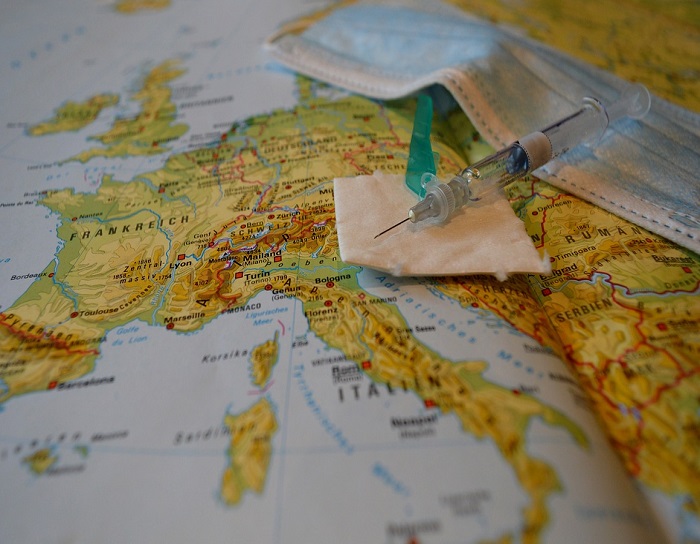Vaccination Requirements for Traveling Around the World
Travelling the world is an enriching experience, but it comes with responsibilities, including safeguarding your health and well-being. The importance of travel vaccinations cannot be understated, protecting you from diseases that may be prevalent in certain regions. Understanding the vaccination requirements for different countries can ensure a safe and enjoyable journey. Here’s a comprehensive guide to the vaccinations required while visiting various countries around the world:
1. United States:
While visiting the United States, routine vaccines recommended by the Centres for Disease Control and Prevention (CDC) should be up to date. These include measles-mumps-rubella (MMR), diphtheria-tetanus-pertussis, varicella (chickenpox), polio, and yearly influenza vaccine. Additionally, depending on the traveller’s age and health status, vaccines such as hepatitis A, hepatitis B, and rabies may be recommended.
2. Canada:
Similar to the United States, routine vaccines should be up to date when visiting Canada. These include MMR, diphtheria-tetanus-pertussis, varicella, polio, and influenza vaccine. Additionally, hepatitis A and hepatitis B vaccines may be recommended, especially for travellers engaging in outdoor activities or those at risk of exposure.
3. United Kingdom:
Routine vaccinations recommended in the UK include MMR, diphtheria-tetanus-pertussis, polio, and yearly influenza vaccine. Additionally, travellers to certain regions may require vaccines against diseases such as hepatitis A, hepatitis B, typhoid, and rabies, depending on the destination and activities planned.
4. Australia:
Travellers visiting Australia should ensure routine vaccines are up to date, including MMR, diphtheria-tetanus-pertussis, polio, and influenza vaccine. Depending on the destination within Australia and planned activities, vaccines against diseases like hepatitis A, hepatitis B, typhoid, and Japanese encephalitis may be recommended.
5. India:
Travellers to India should consider vaccinations against diseases such as hepatitis A, typhoid, and Japanese encephalitis. Additionally, depending on the traveller’s itinerary and activities, vaccines against diseases like hepatitis B, rabies, and meningococcal meningitis may be recommended. Malaria prophylaxis is also essential for certain regions in India.
6. Brazil:
Routine vaccines should be up to date when travelling to Brazil, including MMR, diphtheria-tetanus-pertussis, polio, and influenza vaccine. Travellers may also require vaccinations against diseases such as hepatitis A, yellow fever (mandatory for certain regions), typhoid, and rabies, depending on the destination and activities planned.
7. South Africa:
Travellers visiting South Africa should ensure routine vaccines are up to date, including MMR, diphtheria-tetanus-pertussis, polio, and influenza vaccine. Additionally, vaccinations against diseases such as hepatitis A, typhoid, yellow fever (mandatory for certain regions), and rabies may be recommended, depending on the traveller’s itinerary and activities.
8. China:
Travellers to China should consider vaccinations against diseases such as hepatitis A, typhoid, and Japanese encephalitis. Additionally, depending on the destination and activities planned, vaccines against diseases like hepatitis B, rabies, and tick-borne encephalitis may be recommended. Malaria prophylaxis is essential for certain regions in China.
9. Africa:
Africa is a huge continent and as there are so many countries and regions to consider, it would be beyond the scope of this article to attempt to cover them all. However, use South Africa as a guideline and check for local issues on your own government’s website.
The Importance of Travel Vaccinations Conclusion
Staying informed about the importance of travel vaccinations and country-specific requirements is essential for safe and enjoyable travel around the world. Before embarking on your journey, consult with a healthcare provider or travel clinic to assess your individual vaccination needs based on your destination, planned activities, and personal health history. By taking proactive measures to protect your health, you can make the most of your travel experiences while minimising the risk of vaccine-preventable diseases.
Here is a link to the Official UK NHS guidelines, outlining the importance of travel vaccinations.

